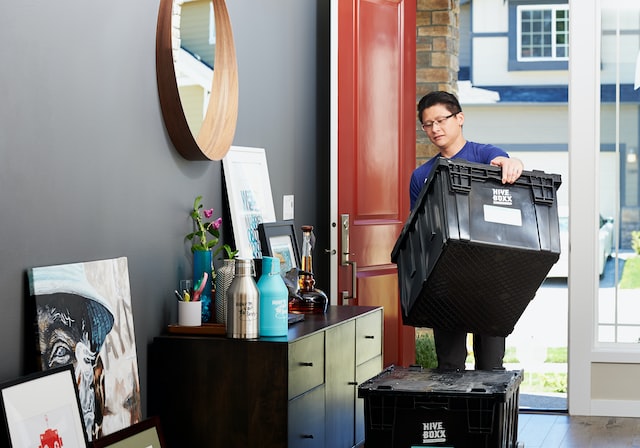20 Sep Should I stay or should I go?

Practical considerations for who should stay in the family home following a separation
One of the questions that many family law clients will often ask me, when considering a separation is – Should I stay, or should I go?
The decision about who should stay in the family home is an important one, especially at a time of increased mortgage repayments due to increased interest rates coupled with difficulties finding rental properties in a competitive rental market.
Ultimately, it will depend on the parties’ own personal situation as to whether they should be the ones that stay in the family home or leave the home. It is a difficult decision to make and there are many options available to parties following a separation including the following:
- Continuing to live together, separate but apart, under the one roof until the parties work out their finances; or
- One person can live in the home whilst the other person moves out; or
- Having some type of nesting arrangement in place, where one person lives at the home on certain days (with the children), then leaving and staying in other accommodation when the other parent has them until the parties work out their finances; or
- Making a decision to sell the home and both parties moving out.
The decision about whether to stay living in the family home or leave is an emotional, financial and practical decision that clients should make carefully. There are a number of factors that will ultimately influence a party’s decision to move out. This is something that clients should take their time in deciding and should think about speaking with a lawyer first before they make that decision. Once the decision has been made, it is often difficult to go back.
It is always better if parties can sit down and work out the best way moving forward between themselves. However, this is not always possible.
Ideally, when there are children involved, it is preferred that the children can keep living in the family home with the parent who will have them in their care most of the time. Preferably, the care arrangements should also be agreed on as soon as practicable.
Parties should review their own financial position as to whether they can afford to keep paying the mortgage, or the costs of moving out and paying rent and who should pay what. The decision will usually involve a consideration as to who will be paying the household expenses, including the mortgage and outgoings and the rent.
It is often more attractive to keep living in the family home, because it avoids the times and costs of having to move out and find alternative accommodation. The person living in the home, will usually have more control over the home, and will need to ensure the home is maintained.
Sometimes, if a party moves out of the home, it can make it more difficult to make sure that the other party is:
- paying the mortgage and the household expenses;
- maintaining the home; and
- agreeable to the sale of the home, if and when the sale of the home is required.
The party might also have difficulties later getting access to the home or any personal items that they have left in the family home. Clients are advised, if they do move out, then they should make that they take what they need from the property first, including any sentimental items.
It is not always very comfortable continuing to live in the family home with the other party once you have separated. If there are children involved and there is animosity between you, it may be easier if one of you decides to move out.
If this article has triggered questions for you about your current situation, please contact Solari and Stock on 8525 2700, or click here to request an appointment with one of our experienced Family Law Solicitors.
Article writen by NIcole Quirk
Photo by HiveBoxx on Unsplash